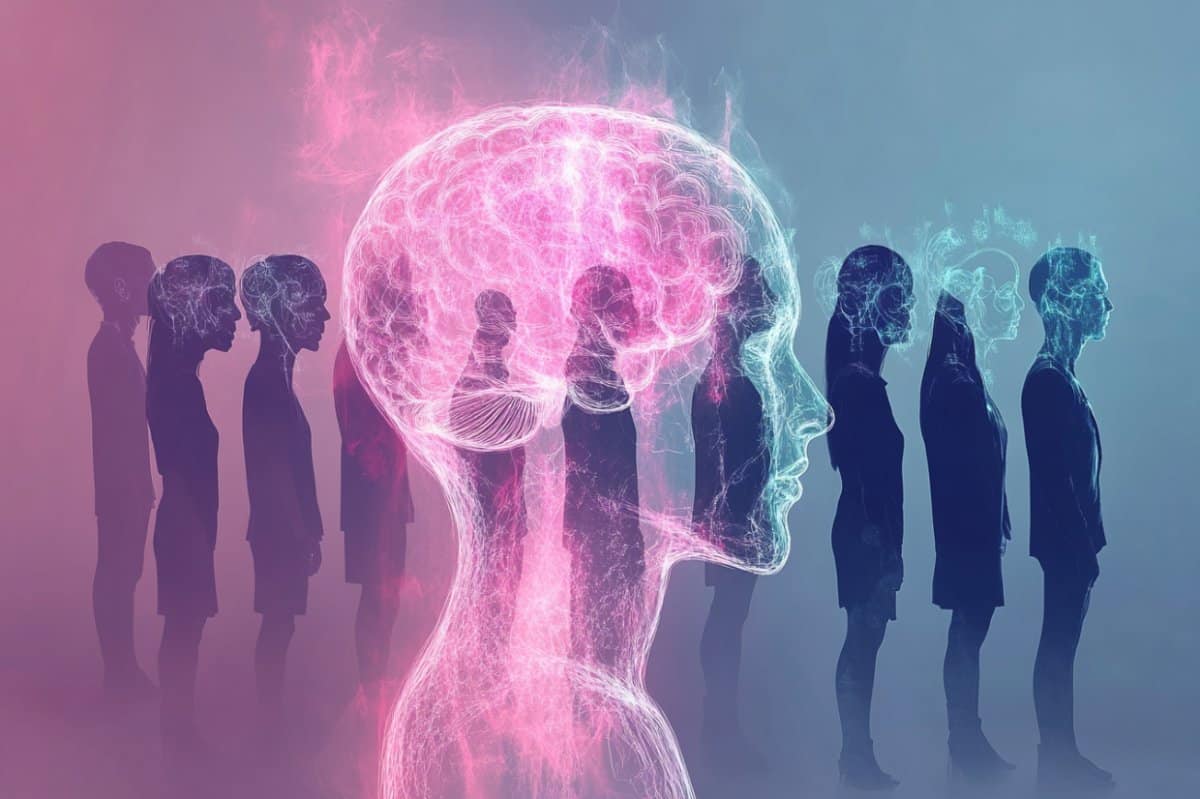Researchers are exploring the ability of boron neutron capture therapy to selectively strike brain tumour cells with a new combination approach.
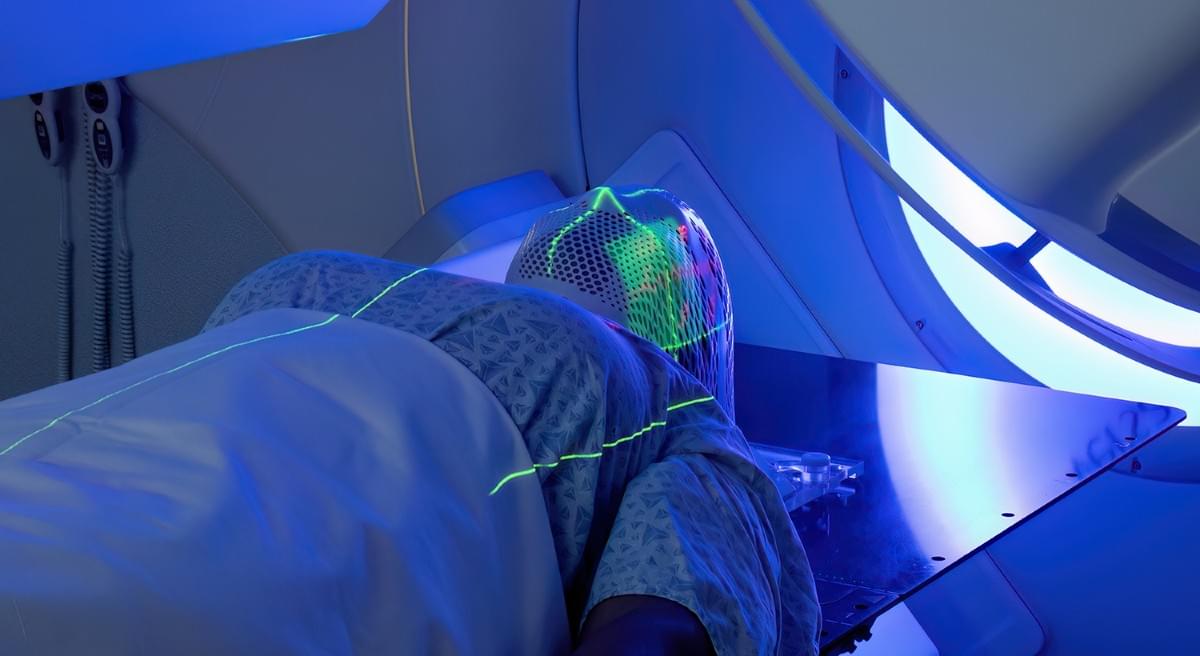

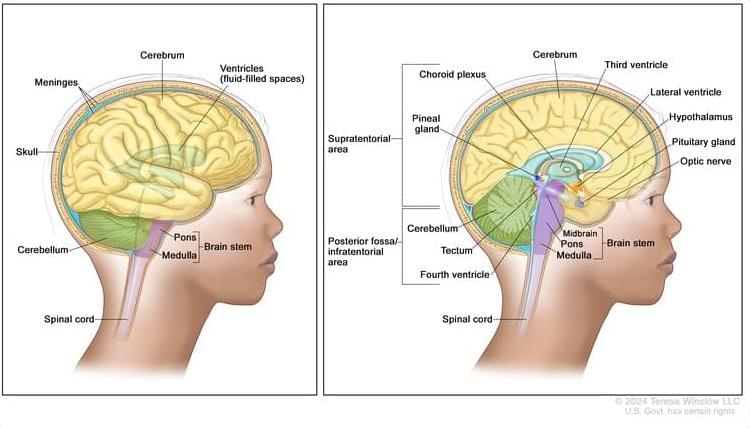
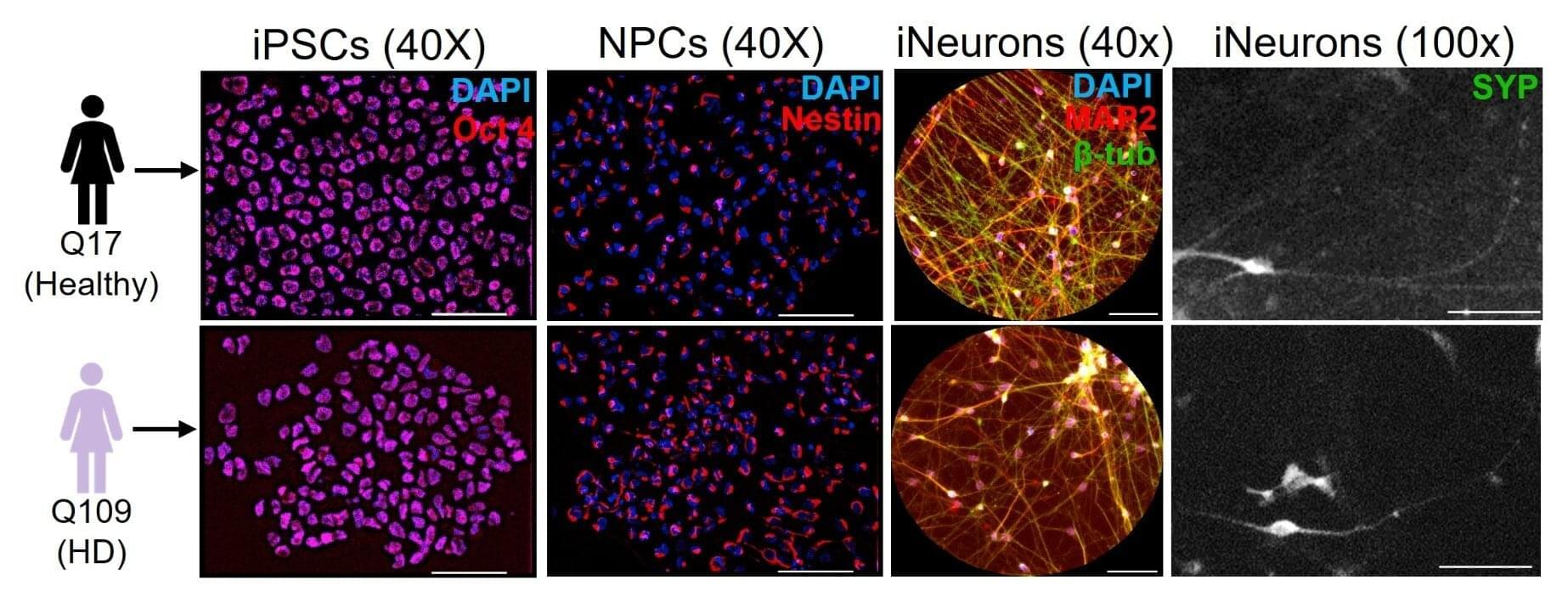
A decade ago, University at Buffalo researchers shed some light on an enduring neuroscience mystery: How exactly does a mutated huntingtin protein (HTT) cause Huntington’s disease?
They found that HTT is something like a traffic controller inside neurons, moving different cargo along neuronal highways called axons in concert with other proteins that are key for cellular function and survival. Reduce the amount of non-mutant HTT and you’ll create the neurological equivalent of traffic jams and roadblocks.
Now, the researchers have learned more about what can control the traffic-controlling HTT.
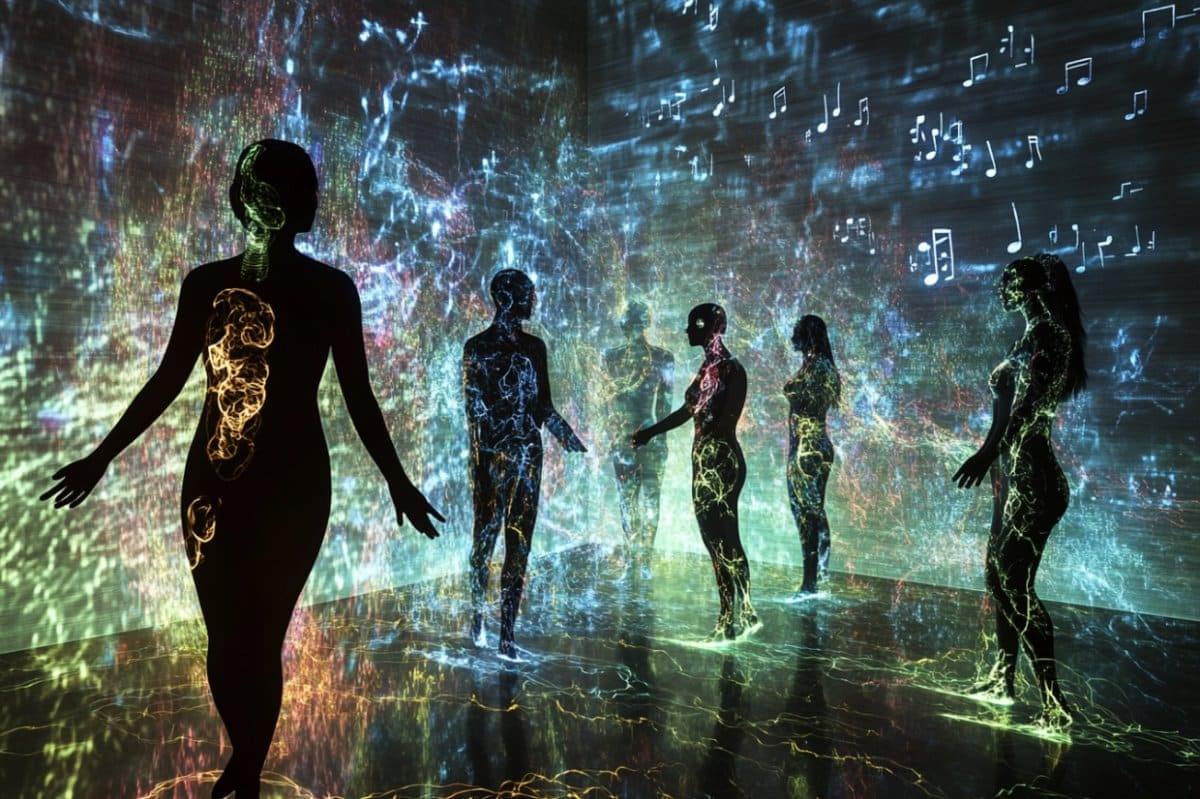
Credit: Neuroscience News
NRT maintains that rather than relying on learned expectations or prediction, musical experiences arise from the brain’s natural oscillations that sync with rhythm, melody and harmony.
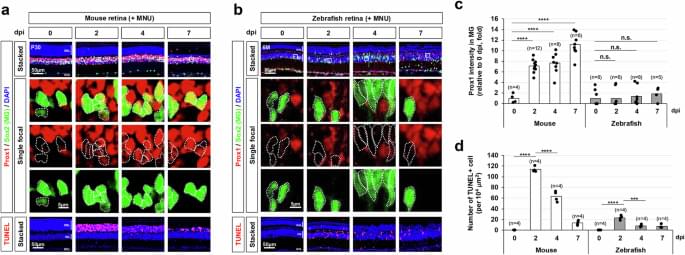
Individuals with retinal degenerative diseases struggle to restore vision due to the inability to regenerate retinal cells. Unlike cold-blooded vertebrates, mammals lack Müller glia (MG)-mediated retinal regeneration, indicating the limited regenerative capacity of mammalian MG. Here, we identify prospero-related homeobox 1 (Prox1) as a key factor restricting this process. Prox1 accumulates in MG of degenerating human and mouse retinas but not in regenerating zebrafish. In mice, Prox1 in MG originates from neighboring retinal neurons via intercellular transfer. Blocking this transfer enables MG reprogramming into retinal progenitor cells in injured mouse retinas. Moreover, adeno-associated viral delivery of an anti-Prox1 antibody, which sequesters extracellular Prox1, promotes retinal neuron regeneration and delays vision loss in a retinitis pigmentosa model. These findings establish Prox1 as a barrier to MG-mediated regeneration and highlight anti-Prox1 therapy as a promising strategy for restoring retinal regeneration in mammals.
Recovery for mammalian retinal degeneration is limited by a lack of Müller glia (MG)-mediated regeneration. Here authors show blocking Prox1 accumulation and intercellular transfer from retinal neurons enables MG reprogramming of retinal progenitor cells, promotes retinal neuron regeneration, and delays vision loss.
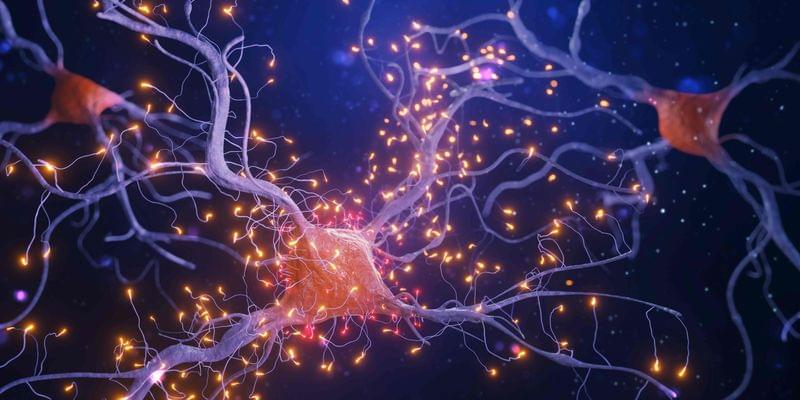
QurAlis researchers are developing precision medicines to treat ALS and other neurodegenerative diseases.
Credit: iStock.com/herraez.
QurAlis researchers have developed QRL-101, a new drug candidate that targets overactive neurons to prevent cell death in ALS.
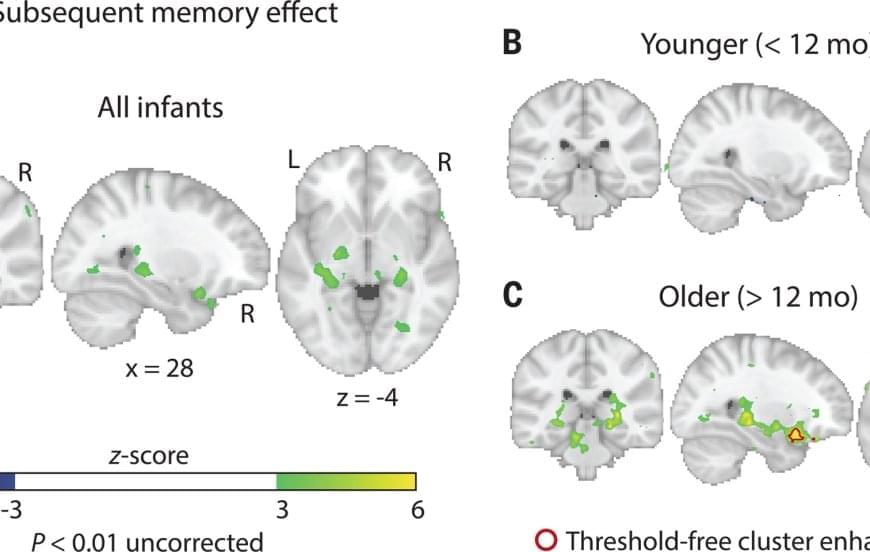
Though we learn so much during our first years of life, we can’t, as adults, remember specific events from that time. Researchers have long believed we don’t hold onto these experiences because the part of the brain responsible for saving memories — the hippocampus — is still developing well into adolescence and just can’t encode memories in our earliest years. But new Yale research finds evidence that’s not the case.
In a study, the researchers showed infants new images and later tested whether they remembered them. When an infant’s hippocampus was more active upon seeing an image the first time, they were more likely to appear to recognize that image later.
The findings, published in Science, indicate that memories can indeed be encoded in our brains in our first years of life. And the researchers are now looking into what happens to those memories over time.


Since the beginning of time, man has been interested in what happens after death.
Although there are numerous traditional answers to this question, it’s possible that scholars have added countless more ideas merely to provide some variation.
According to Robert Lanza, M.D., death is just a doorway to an endless number of universes. Furthermore, according to Lanza, everything that may possibly happen in our lifetime has already happened. He continues by saying that death does not exist in these situations because all of these possibilities are happening at the same time. We only connect our consciousness to our physical bodies because of the energy that flows through our brains.
